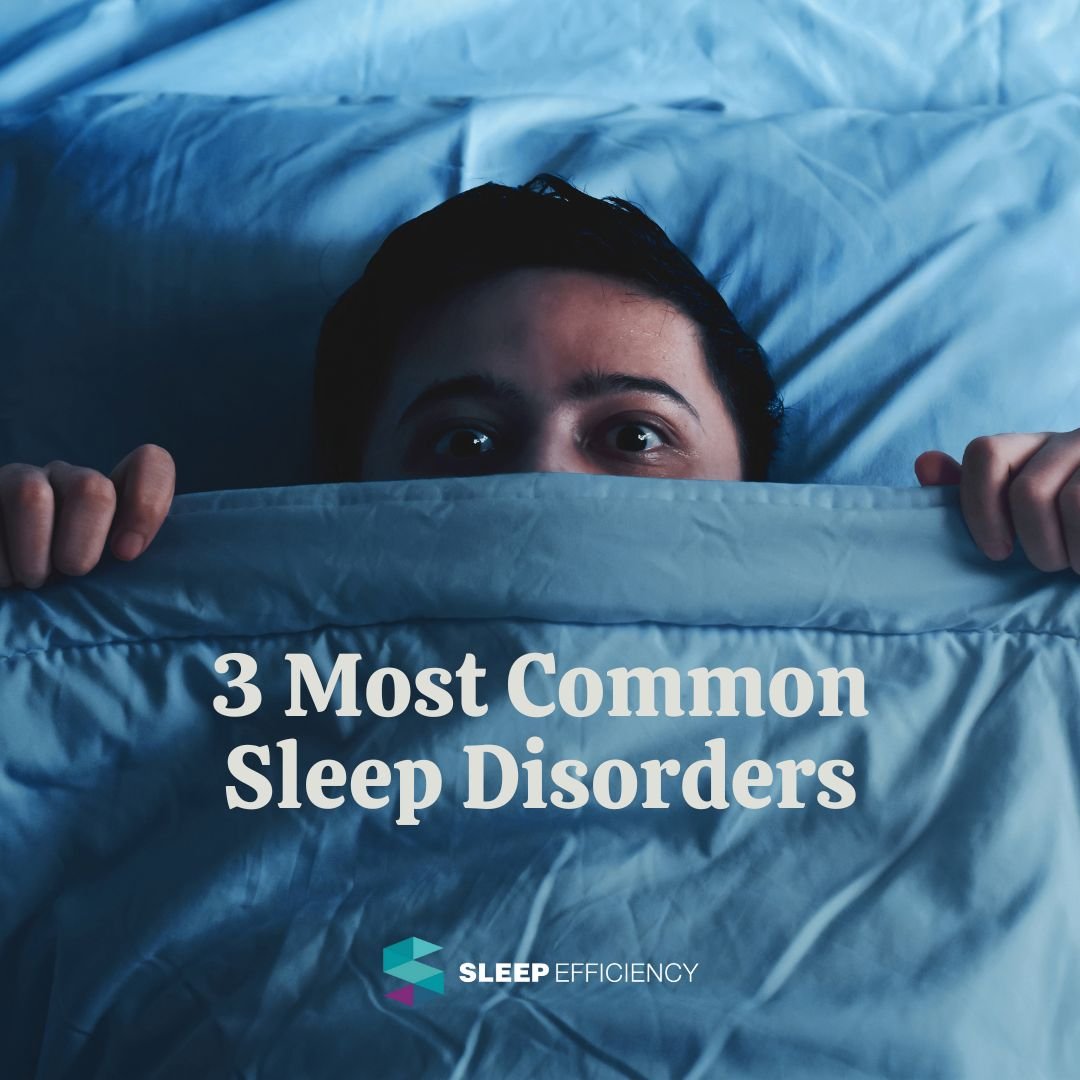Unveiling the Top 3 Most Common Sleep Disorders: Understanding and Seeking Solutions
A good night's sleep is essential for our physical and mental well-being, but for many individuals, sleep disorders disrupt the restorative process. Sleep disorders encompass a wide range of conditions that affect the quality, duration, and regularity of sleep. In this blog post, we will explore the top three most common sleep disorders, shedding light on their characteristics, causes, and potential solutions.
Insomnia:
Insomnia is the most prevalent sleep disorder, affecting a significant number of individuals worldwide. It is characterized by difficulty falling asleep, staying asleep, or experiencing non-restorative sleep despite having adequate opportunity for rest. Common causes of insomnia include stress, anxiety, depression, chronic pain, certain medications, and poor sleep habits.
Management and Treatment:
Implement good sleep hygiene practices: Establish a consistent sleep schedule, create a calming bedtime routine, and optimize the sleep environment by ensuring it is dark, quiet, and comfortable.
Cognitive Behavioral Therapy for Insomnia (CBT-I): This therapeutic approach focuses on identifying and modifying negative thoughts and behaviors associated with sleep, helping individuals develop healthier sleep patterns.
Medications: In some cases, healthcare professionals may prescribe short-term sleep aids to alleviate insomnia symptoms. However, these should be used under close medical supervision due to potential side effects and dependency risks.
Sleep Apnea:
Sleep apnea is a common sleep disorder characterized by interruptions in breathing during sleep. These interruptions can occur multiple times throughout the night and lead to fragmented sleep and oxygen deprivation. The two primary types of sleep apnea are obstructive sleep apnea (OSA), caused by blocked airways, and central sleep apnea (CSA), caused by a lack of respiratory effort from the brain.
Management and Treatment:
Continuous Positive Airway Pressure (CPAP) Therapy: This treatment involves wearing a mask over the nose or mouth during sleep, delivering a continuous flow of air pressure to keep the airway open.
Oral Appliances: Dentists can provide custom-fit oral devices that help reposition the jaw and tongue to keep the airway open during sleep.
Lifestyle Changes: Weight loss, exercise, avoidance of alcohol and sedatives, and sleeping on the side instead of the back can help alleviate symptoms of sleep apnea.
Restless Legs Syndrome (RLS):
Restless Legs Syndrome is a neurological disorder characterized by an uncontrollable urge to move the legs, usually accompanied by uncomfortable sensations. These sensations often worsen during periods of rest or inactivity, leading to sleep disruption and daytime fatigue.
Management and Treatment:
Lifestyle Modifications: Regular exercise, avoiding caffeine and nicotine, and adopting relaxation techniques such as stretching or taking warm baths can help manage RLS symptoms.
Medications: Certain medications can be prescribed to alleviate symptoms and improve sleep quality. These may include dopamine agonists, anticonvulsants, or opioids. However, medication options should be discussed with a healthcare professional due to potential side effects and risks.
Ready to get your sleep on track? Fill out our referral form and we’ll be in touch within 24 hours to have your sleep test delivered to your front door as soon as possible.
#SleepEfficiency #SleepApnea #SleepTest #OHIP #Ottawa #Sleep #SleepBenefits #OttawaHospitals
Sources:
The National Sleep Foundation: https://www.thensf.org/
Sleep Foundation: https://www.sleepfoundation.org/
American Academy of Sleep Medicine: https://aasm.org/


